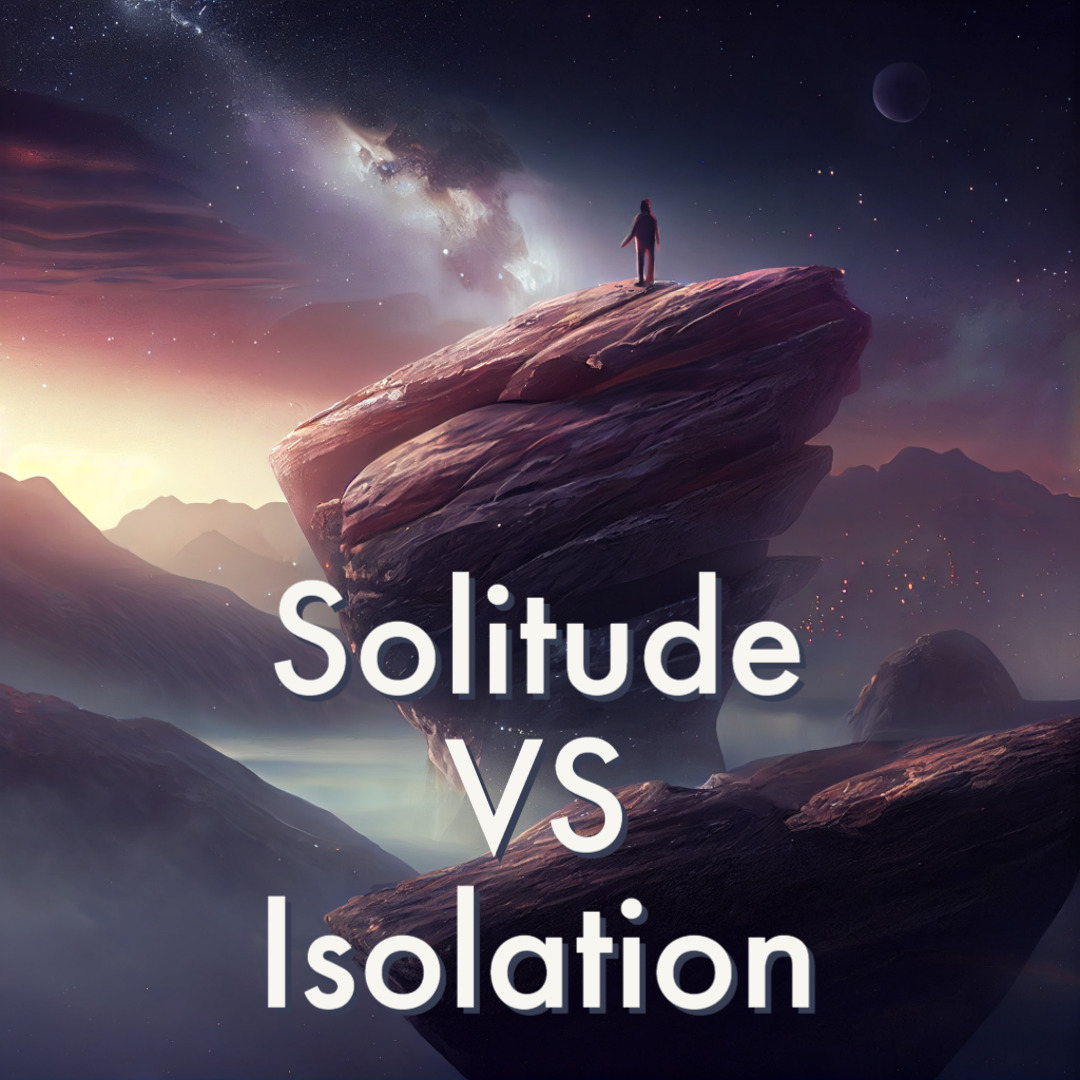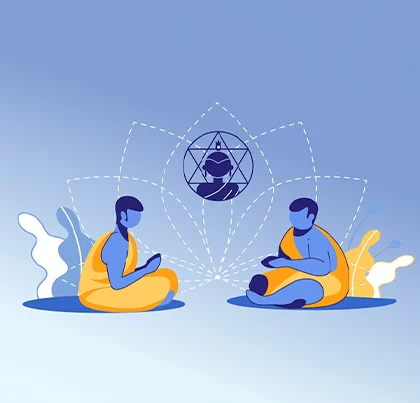Solitude vs. Isolation

Loneliness and isolation are common, difficult hurdles that each individual will have to tackle through their recovery journey. Addiction can cause a person to retreat inwards, into their own spaces or minds, in order to escape many of the stresses of the “real world” and feelings of shame or guilt that may surround their use of drugs or alcohol. For those in a recovery program, isolating oneself can put them at risk for relapse or otherwise complicate their continued progress through sobriety. Loneliness and isolation can cause a person to feel stuck in time, compromising their feelings of progress and success and reintroducing doubt — even amongst all of the progress that a person is making in their recovery. Spending time alone can also be what a person needs, though, depending on the situation. However, there is a difference between retreating into isolation and finding comfort and joy in solitude.
Solitude vs. Isolation
Solitude and isolation may look similar on the surface, but they can have very different implications for those in recovery. The difference between the two comes down to the intention behind one’s reason to be alone for any given time. Isolation can be birthed from the stresses and struggles of daily life, as well as any shame, guilt, resentment, anxiety, or depression that surrounds a person in their recovery journey. Isolation is typically a reaction to other stresses and is an effort to escape from these stresses by physically removing oneself from difficult situations. It can also be a result of a person thinking that their recovery is hopeless, or that they somehow don’t “deserve” to find recovery or happiness. Isolation can introduce doubt in one’s own progress and sense of self-worth and can sap the motivation to even continue pursuing sobriety at all. This can ultimately create a very dangerous and fragile atmosphere that takes care and time to address. However, breaking through this sense of isolation is key in overcoming many hurdles through recovery.
Solitude, however, can be empowering. While isolation is a reaction to other stresses, it is okay to consciously decide that you want to spend some time alone. Rather than feeling like you have to retreat from overwhelming stressors that make you feel powerless, deciding to detach oneself for a bit each day to spend some time alone and away from these stressors is an exercise in agency and control over your situation. Spending time alone isn’t inherently bad, and even scheduling time to detach from other people and social media can be incredibly beneficial. When deciding to spend time finding comfort in solitude, the intention and focus are still on just a person’s self and emotional state, whereas in isolation and loneliness, the focus may still be outward on the stresses and other people in one’s life.
Taking the Time to Focus on Yourself
Taking time for yourself in recovery is incredibly important, and finding comfort and direction in one’s solitude can be an enlightening experience. Especially during the winter months where getting outside may be difficult due to weather, temperature, or limited light (as well as the continued quarantines and limited social gatherings as a result of the coronavirus), finding ways to continue to progress in one’s recovery journey in solitude can be incredibly beneficial. Taking this time for oneself and being alone for parts of the day forces you to focus on yourself — and only yourself — for at least a small period of time each day. This is time that a person can use to explore their own interests outside of the opinions of others and detach from the stresses of daily life in order to prioritize their own self-care.
During this time is where certain therapeutic approaches shine, such as yoga, meditation, and art therapy. These approaches excel when outside stimuli are limited, allowing a person to explore their own minds and process their emotions in a safe and productive way. However, there are other ways that a person can harness this time to their benefit. Finding comfort in solitude can even mean exploring other interests that may be pertinent to one’s identity, from watching a sporting event on television to revisiting one’s old Pokemon games in order to relive old, pleasant memories without feeling like a person has to justify themselves to others. It is a time of freedom and opportunity where each individual can worry only about their own interests and goals outside of addiction, as well as create new hobbies while avoiding stress. While feelings of isolation can be completely debilitating and cause a number of complications through the recovery process, taking agency over the time a person spends alone can open a breadth of new approaches and activities where they can realize their own importance, explore their identity, and develop sober practices wholly on their own. Recovery is an incredibly personal journey, and finding comfort in solitude is a step for each person in becoming more intimate with themselves and their own identity.
Finding comfort in solitude can be an empowering experience, but it is still necessary to balance your time alone and your time with a supportive community. To learn more about how you can empower yourself while alone, as well as to begin your engagement in an active, supportive community, Brighton Recovery Center can help you today. With a number of varied approaches offered in all of our programs, such as detox, sober living, inpatient and outpatient programs, or our partial hospitalization program, there is always a new approach to try. We pride ourselves on instilling knowledge and confidence in each individual, empowering them to continue to advance their own success. Furthermore, we provide an array of therapeutic techniques to help you create your own schedule in recovery. For more information on the various ways we can personalize a program for you, or to talk to a trained, caring staff member about your unique situation, call us today at (844) 479-7035.



